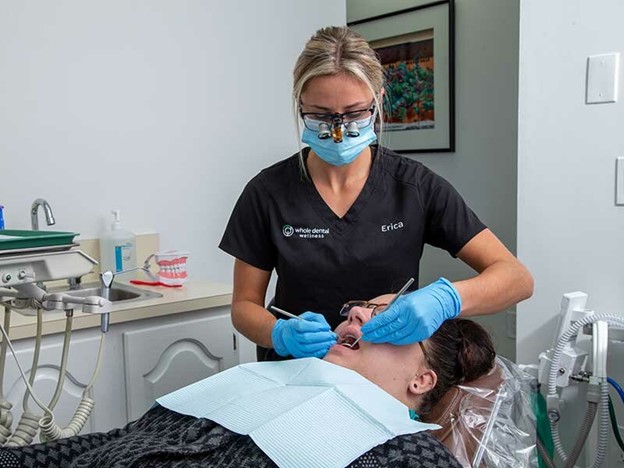End-of-life care is the assistance and care provided to those with life-limiting conditions in their final years, months, weeks, and days.
The purpose of end-of-life care is to assist a dying person to live as comfortably as possible until death while providing emotional support to family and friends.
End-of-life care includes palliative care, which controls the medical elements of a patient’s illness, such as pain and other symptoms. It provides emotional, social, and spiritual support following the patient’s and their loved ones’ needs and desires.
Palliative care involves a holistic approach, treating the individual as a whole.
Where you receive end-of-life care is determined by your preferences and needs. You can receive end-of-life care at home, assisted living facilities, hospices, or hospitals. No matter where you spend your final days, you have the right to receive high-quality care to ensure a “good death.”
A ‘good death’ typically entails that the dying person was treated with decency, compassion, and respect by their caregivers and was kept clean and comfortable in familiar settings with significant people nearby.
When do end-of-life care services begin, and how long do they last?
The brief response is that you should begin receiving end-of-life care when you require it. When it is needed and how long it lasts might vary widely between individuals.
Some may have been diagnosed with a terminal illness and be anticipated to live for many months, while a person who has been involved in a terrible vehicle accident may only be expected to live another day or even hours.
Who is intended?
End-of-life care is for patients believed to be in their final 12 months of life, including those exhibiting indicators of impending death.
Those in need of end-of-life care could include:
- Patients with incurable diseases such as cancer or dementia
- Weak individuals have illnesses that indicate they are nearing the end of their lives or are at risk of rapidly deteriorating severely.
- A person with life-threatening injuries due to a severe accident
- End-of-life care could range from years to only a few days. As there are numerous scenarios in which a person would be nearing death.
Where may end-of-life care be obtained?
Your palliative care team can arrange for you to receive end-of-life care in multiple venues.
In a nursing home
It is possible to receive end-of-life care in a nursing home, as many facilities offer this service. Some care homes include skilled nursing care, sometimes known as a nursing home, expert care, and personal care assistance.
To ensure high-quality care, it is essential to determine whether the facility has experience with end-of-life care and how it is provided.
Hospice care
Hospices provide care for terminally ill patients to improve their quality of life through a holistic approach. You can get hospice care in your home at San Mateo, at a care facility, or by spending a day at the hospice.
A team of doctors, nurses, trained volunteers, and specialists provide hospice care.
residing at home
You can typically get end-of-life care in your home through regular visits if you prefer. Consult your primary care physician to determine if end-of-life care services are available in your area.
In healthcare
If you opt to receive end-of-life care at a hospital, the doctors and nurses on your ward will care for you. In most hospitals, a specialized palliative care staff is also involved in your care.
Who gives care towards the end of life?
The health and social care experts who provide end-of-life care are determined by your needs, desires, and location. Your family and friends may be included in your end-of-life care in addition to a medical team.
Included among health and social care workers are:
- Hospital medical personnel
- Your GP
- Community or neighborhood nurses
- Social care employees
- Professionals skilled in palliative care
- Psychologists and therapists
- Chaplains and other specialists in spiritual care
- Care home personnel
If you choose to receive end-of-life care at home. Your primary care physician is accountable for your consideration, and community nurses will pay you visits.
In this circumstance, family and friends may be able to become more involved in your care.
End-of-life care and palliative care
Although palliative care is part of end-of-life care, you can receive it before you are believed to be in your last year of life. Palliative care is the care and assistance a patient gets to manage an incurable, terminal, or life-limiting illness, such as cancer, dementia, or other degenerative conditions.
Palliative care consists of managing physical symptoms, providing emotional, spiritual, and psychological support, providing social care such as bathing and clothing, and supporting family and friends.
Years of palliative care can be provided at any stage of a patient’s disease to help them live as well and comfortably as possible.
Locating end-of-life care providers
If you or a loved one is reaching the end of life, the first step is to contact your primary care physician, who will be able to discuss your options and provide you with all the necessary information. Your primary care physician can inform you of local care services and how they are supplied.













